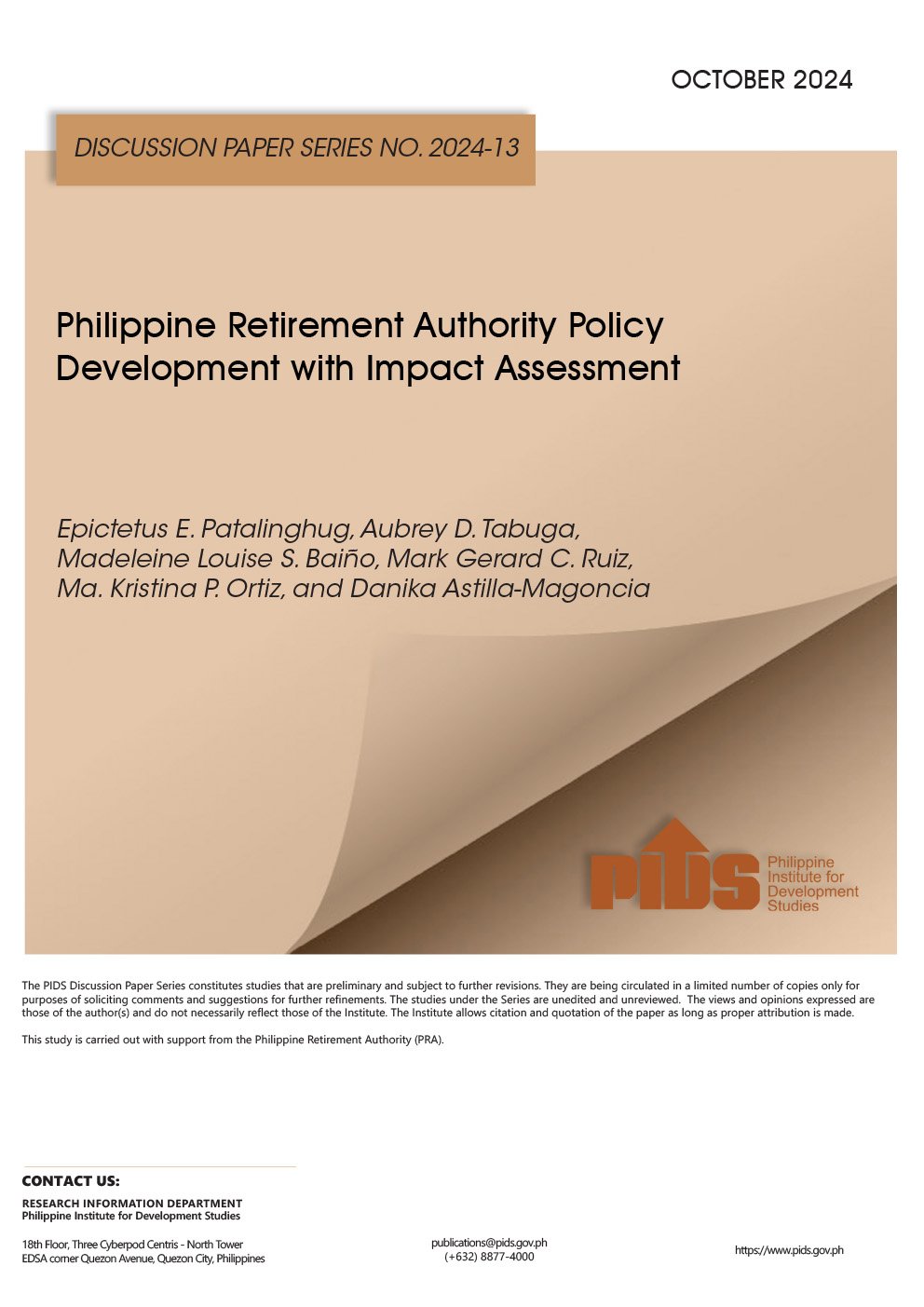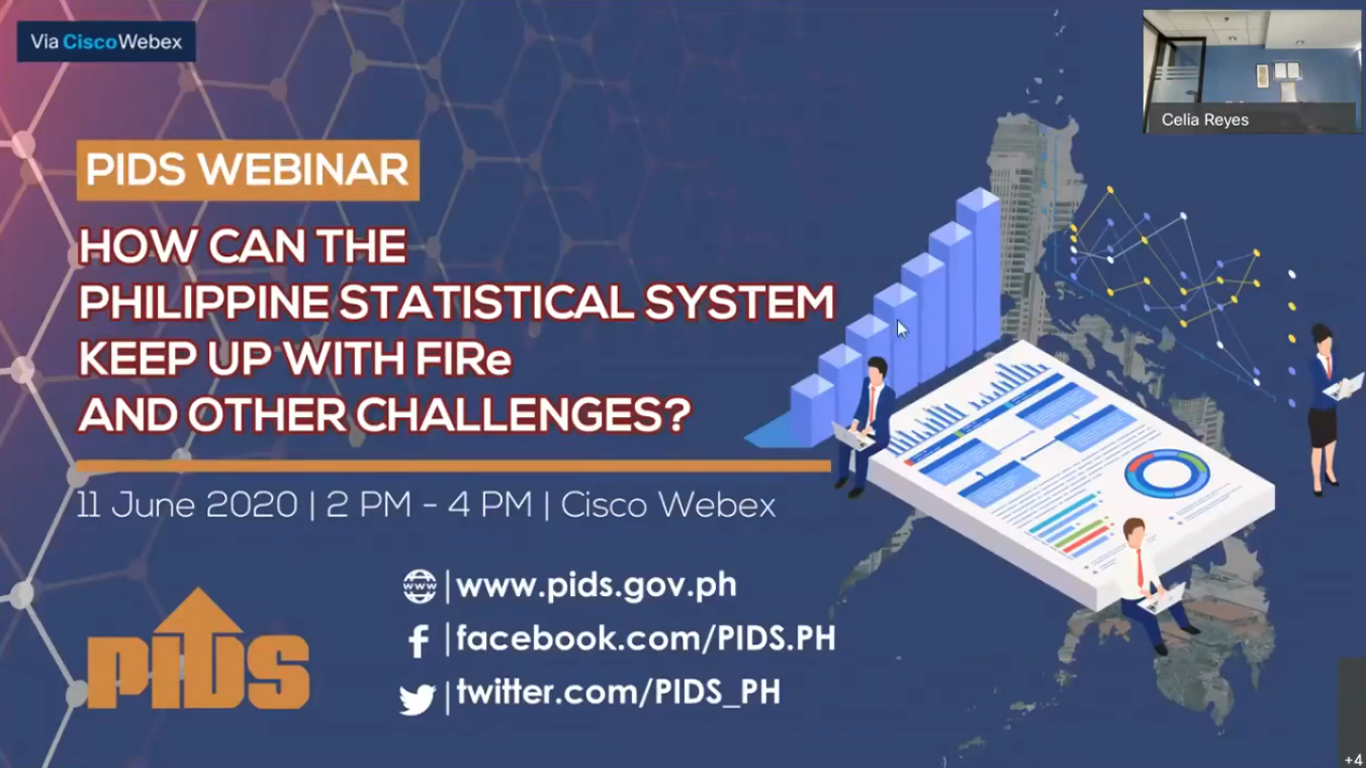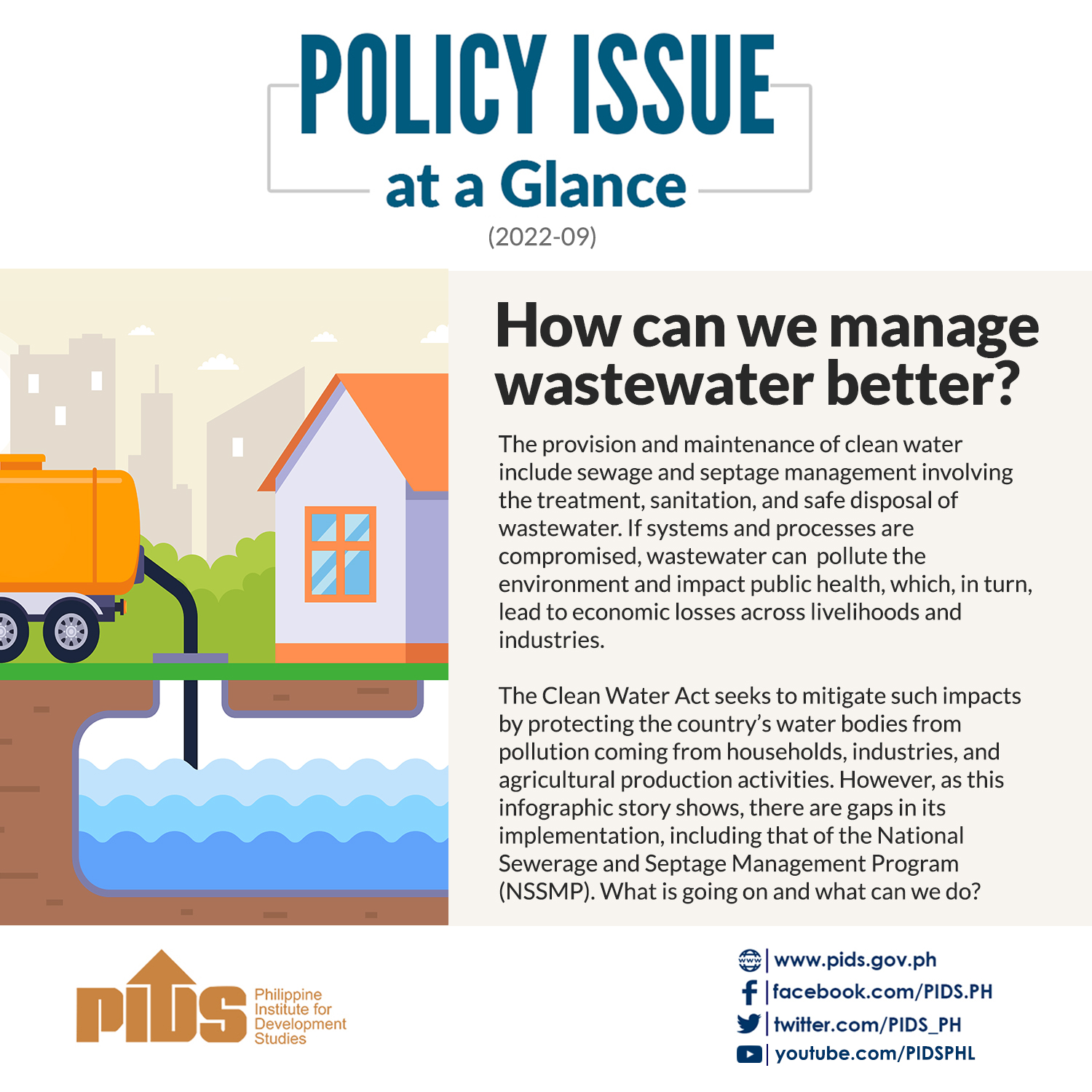A survey conducted by the OECD Program of International Student Assessment (PISA) of 15-year-olds from 79 countries revealed that our youth are at the bottom among other things in comprehension and reasoning ability, meaning that their decisions tend to be based on personalities and emotion, not on facts and logical thinking.
It looks like the situation has been building up for some time now, judging from cases cited by the Philippine Institute for Development Studies (PIDS) in Unintended Consequences: The Folly of Uncritical Thinking. Academicians headed by Vicente B. Paqueo describe measures whose well-intended objectives were not attained but had the opposite effect, wreaking harm mainly on the poor.
1. Cargo truck ban. Intended to ease traffic, the ban on cargo trucks affecting certain streets and hours delayed delivery of raw materials to producers, delivery of finished goods to wholesalers and retailers and in the case of exports, to piers or airports. The resulting business slowdown meant economic losses in the billions.
2. Legal minimum wages. Justified as promoting inclusive growth, large increases in legal minimum wages benefit the employed but not those without work. They tend to reduce new job openings as companies shift away from labor-intensive methods to capital-intensive technology. They could also reduce working hours and worker take-home pay as employers reduce operating cost. In general, large increases in legal minimum wage will reduce job openings for young, inexperienced, less-educated, and women laborers.
3. Incentives to small enterprises. Fiscal incentives are given to micro, small, and medium enterprises (MSME) to encourage job creation. Actually, large enterprises generate more jobs than MSME. Most MSMEs are in the wholesale/retail trade and repair services and therefore have job openings for workers with low-level skills that have low productivity. Furthermore, the key incentive of tax-free equipment importation encourages capital-incentive rather than labor-intensive methods of production.
4. Measures for greater job security. Regulations have made it difficult to dismiss even lazy and incompetent employees. Rather than employ permanent workers, companies therefore hire janitors, waiters, and the like under contracts of less than six months, or else make arrangements with service providers. Measures intended to promote job security have had the opposite effect of reducing the chances of workers with poor credentials to become regular employees.
5. Rice self-sufficiency. Government’s efforts to increase domestic rice production mean higher prices to consumers. Rice imports should be encouraged, say the book’s authors, for the benefit of consumers. I don’t entirely agree. We are among the world’s biggest rice importers. Suppose there is drought or flooding in Thailand and our major suppliers, what will we eat? Remember what happened after Marie Antoinette said, “Let them eat cake!”
6. Rent control. Housing rent control was introduced to protect tenants. With low rental income, however, lessors do not or cannot make necessary repairs or improvements. In Manila, old districts like Sampaloc and Santa Cruz deteriorate and new housing construction is in outlying areas. This has required expansion of water, electricity, transport, and other facilities, as well as reduction of agricultural land. These could have been reduced had rent control not discouraged city center housing improvements.
7. Unrealistic Forestry Regulations. An absolute and total prohibition against logging in natural forests was imposed without appropriate accompanying measures, e.g., tree farming, wood imports, reforestation, and efficient wood processing. This has made illicit logging all the more attractive. With the connivance or participation of local officials, the ban has devasted forests in regions like Caraga.
8. Open access fishing. Traditionally a small-scale operation of individual fishermen, the fishing industry has been opened to large-scale operators as a means of increasing the contribution of fishery to Gross Domestic Product. The expected increase in GDP has not been realized, particularly with land reclamation of fish breeding grounds and lately, incursions of Chinese fishermen in the Philippine Economic Zone of the West Philippine Sea.
Initiatives of local government units for self-restraint need to be encouraged, such as that taken by Zamboanga to protect its sardine industry. Some 30,000 to 35,000 Zamboanguenos have jobs in the sardine industry apart. Employment is also generated in ship repair, shipping, stevedoring, cold storage, and other support businesses. The LGU and sardine producers therefore got together to close the sardine fishing area to commercial fishing during spawning season to allow stocks to recover. Iloilo has done the same to protect the highly coveted diwal.
9. Pantawid Pamilyang Pilipino Program. The cash subsidy program was heavily criticized as a “dole out” that would go to drugs, booze, gambling, and general carousing. It turned out that the fears were unfounded and indeed resulted in improvements in education, health, and other welfare indicators. The point is that predictions have to be made on the basis of careful study and that results should be measured as basis for continuing, expanding, or discontinuing measures.
10. Sex Education. Objections were raised to the provision in the Reproductive Health Law related to sex education in schools. The fear was that sex education would lead to earlier sexual initiation and higher rates of sexual activity among students. The opposite proved to be the case—the less-informed were sexually active earlier and more young people would have suffered without mandated comprehensive sex education.
To these I would add two more:
Color/Number Coding. The scheme has not made people stay at home one day a week, share rides, or take public transportation. Some just have to have a car and what the regulation did was to make many people buy a second car. It might have been better to make it more costly to own a car like Singapore or for government to charge a high fee to be able to drive all days of the week, hand in hand with major improvement in public transportation.
Certain land reform measures. Under existing regulations, a land-reform exempt property would be subject to reform the moment something is planted on it. This has resulted in cogon-full areas along the North Diversion Road and South Expressway and everywhere else, land that could otherwise be productive.










